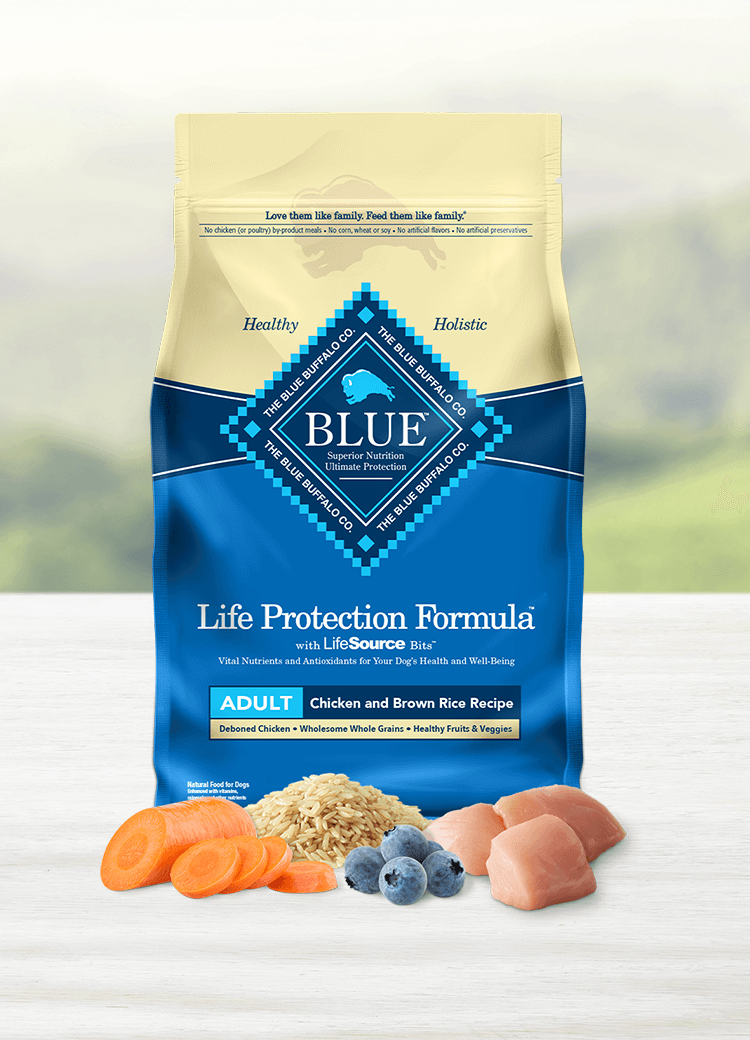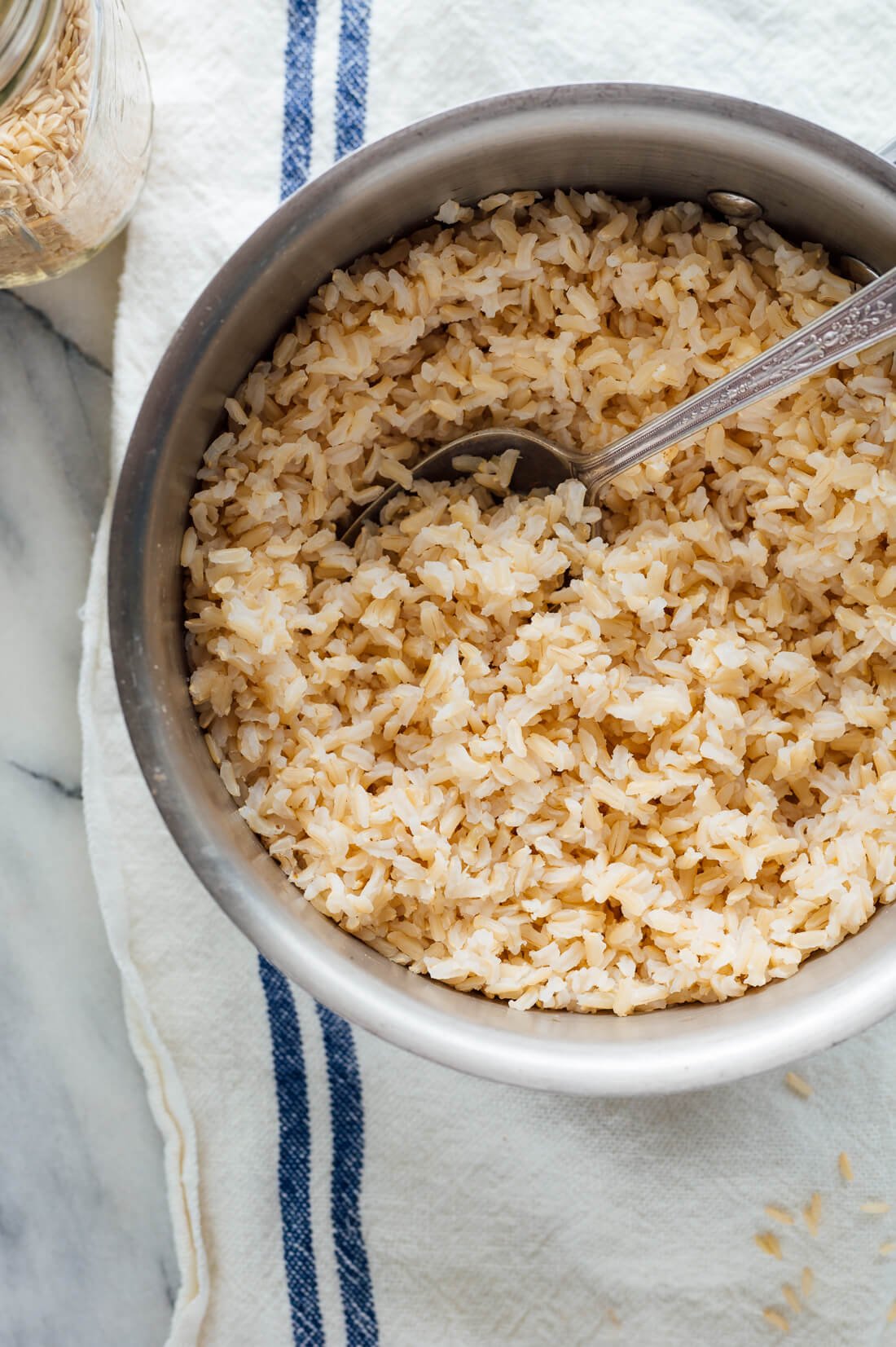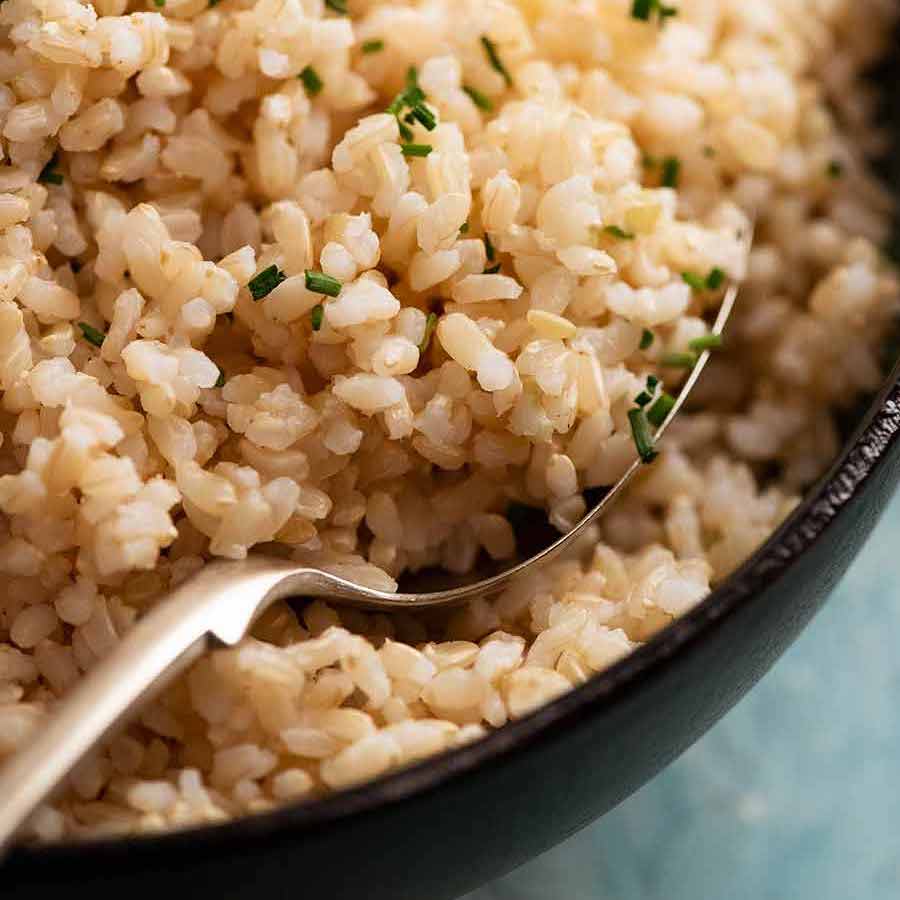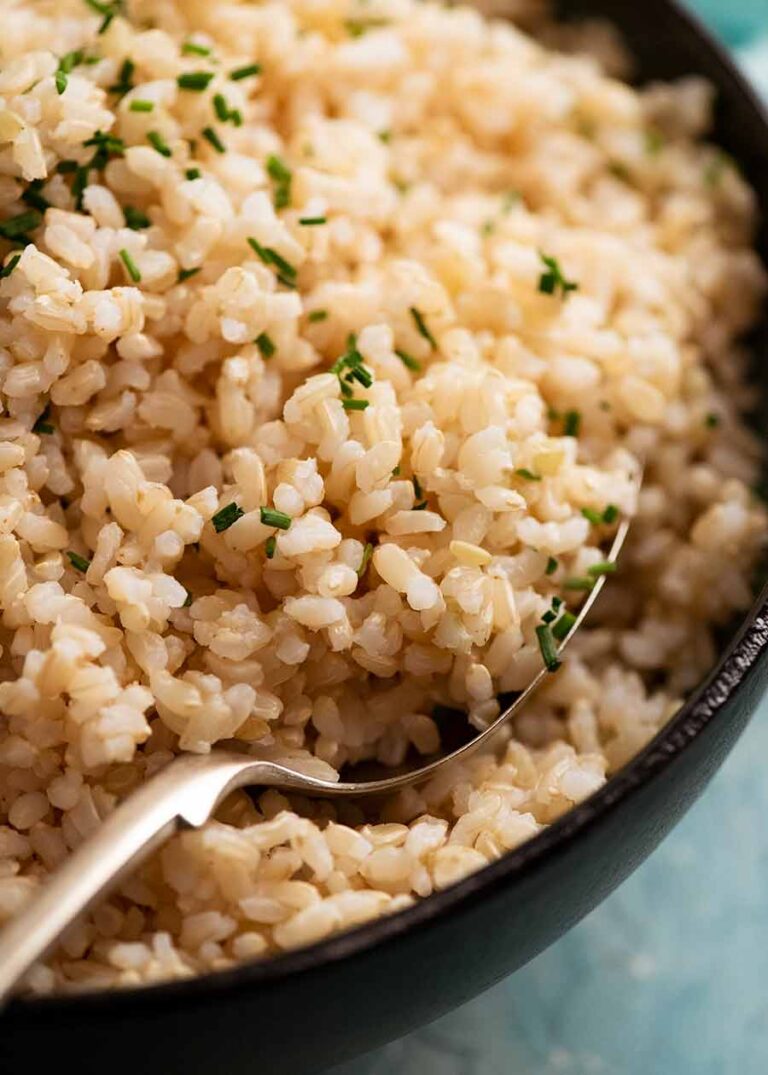White rice is better for dogs than brown rice due to its higher digestibility. White rice provides the necessary energy for dogs’ activities, while brown rice contains more fiber and nutrients but may be harder to digest for dogs with sensitive stomachs.

Credit: bluebuffalo.com
Is White Rice Better For Dogs?
White rice is the most easily digestible option for dogs, especially those with diarrhea. It provides necessary carbohydrates and energy for daily activities, while brown rice contains more fiber and nutrients. Stick with long-grain white rice to soothe an upset stomach.
Nutritional Benefits Of White Rice For Dogs
White rice is a great source of carbohydrates and provides essential energy for dogs to perform their daily activities. While brown rice also contains fiber and other vital nutrients, white rice is the most easily digestible for dogs.
With its high digestibility, white rice is able to deliver nutrients more efficiently to dogs’ bodies. It is rich in easily absorbable carbohydrates, which are important for maintaining their energy levels throughout the day. Additionally, white rice contains essential vitamins and minerals that are beneficial for your furry friend’s overall health.
Easily Digestible Nature Of White Rice
One of the key advantages of white rice for dogs is its easily digestible nature. This means that it can be broken down and absorbed by their bodies quickly and efficiently, ensuring they receive the necessary nutrients without putting unnecessary strain on their digestive system.
Dogs with sensitive stomachs or gastrointestinal issues can greatly benefit from the easily digestible nature of white rice. It can help soothe their digestive tract and alleviate any discomfort or inflammation they may be experiencing. This makes white rice an excellent choice for dogs with digestive issues, including diarrhea.
Beneficial For Dogs With Diarrhea
White rice is often recommended as a part of a bland diet for dogs with diarrhea. Its gentle and easily digestible nature helps to firm up their stools and regulate bowel movements.
When dogs have diarrhea, their digestive system becomes more sensitive and may struggle to process certain foods. White rice provides a bland and easily digestible option that is gentle on their stomach, allowing it to recover and heal.
By feeding your dog cooked white rice, you are providing them with a safe and effective way to settle their upset stomach and help restore normal digestion.
Overall, white rice can be a beneficial addition to your dog’s diet. Its high nutrient content, easily digestible nature, and effectiveness in managing diarrhea make it a suitable choice for many dogs. However, it’s important to consult with your veterinarian before making any changes to your dog’s diet to ensure it aligns with their specific needs and health conditions.

Credit: cookieandkate.com
Is Brown Rice Better For Dogs?
When it comes to feeding our furry friends, we want to make sure they’re getting the best nutrition possible. One popular debate among dog owners is whether white rice or brown rice is better for dogs. In this article, we’ll focus on the nutritional benefits of brown rice for dogs and why it may be the superior choice.
Nutritional Benefits Of Brown Rice For Dogs
Brown rice is a whole grain that retains its bran and germ layers, which are rich in nutrients. This makes brown rice a more nutritious option compared to white rice, which has had these layers removed during processing. Some of the key nutritional benefits of brown rice for dogs include:
- Higher protein content compared to white rice
- Higher fiber content, aiding in digestion
- Lower glycemic index, helping maintain stable blood sugar levels
- Rich in essential vitamins and minerals
Higher Fiber Content In Brown Rice
Brown rice contains a higher fiber content compared to white rice. Fiber is important for maintaining a healthy digestive system in dogs. It helps regulate bowel movements, prevent constipation, and promote overall gastrointestinal health. The fiber in brown rice can also provide a sense of fullness, making it a great option for dogs who need to manage their weight.
Suitable For Dogs With Kidney Disease
Dogs with kidney disease often require a special diet that is low in phosphorus and protein. Brown rice is a suitable option for these dogs as it has lower phosphorus content compared to white rice. Additionally, the fiber in brown rice can help support kidney health by promoting regular bowel movements and eliminating toxins from the body.

Credit: www.recipetineats.com
Frequently Asked Questions Of Is White Rice Or Brown Rice Better For Dogs
What Is The Healthiest Rice For Dogs?
White rice is the healthiest rice option for dogs. It is easily digestible and provides the necessary energy for their daily activities. Brown rice, although nutritious, contains more fiber and can be harder on their digestive system. Stick with long-grain white rice for dogs with upset stomachs.
Why Is White Rice Better For Dogs Than Brown Rice?
White rice is better for dogs than brown rice because it is easily digestible and provides necessary energy. Brown rice contains more fiber, making it harder on dogs’ digestive systems. Stick to long-grain white rice to soothe your dog’s upset stomach.
Is White Or Brown Rice Better For Dogs With Upset Stomach?
White rice is better for dogs with an upset stomach as it is easily digestible. Brown rice contains more fiber, which can be harder on their digestive tract. Stick with long-grain white rice to soothe your dog’s upset stomach.
Is It Okay For Dogs To Eat Brown Rice Everyday?
Yes, it is safe for dogs to eat brown rice every day. Brown rice is a good source of fiber and other nutrients, but may be harder for dogs to digest compared to white rice. It is recommended for dogs with constipation.
Conclusion
Overall, while both white rice and brown rice can be beneficial for dogs, white rice may be a better option for pups with digestive issues such as diarrhea. It is easily digestible and can provide much-needed energy for their daily activities.
On the other hand, brown rice contains more fiber and other vital nutrients, making it a good choice for overall health. Ultimately, it is important to consider your dog’s specific needs and consult with a veterinarian before making any dietary changes.



